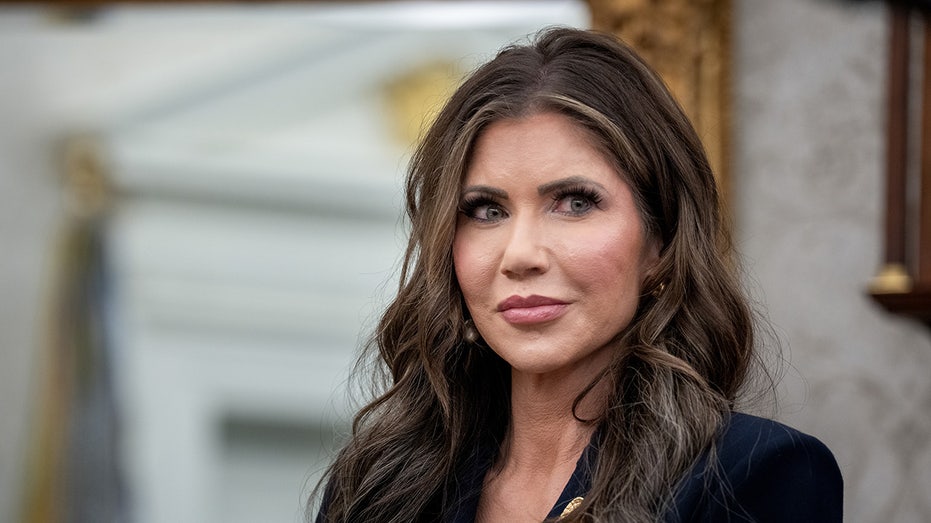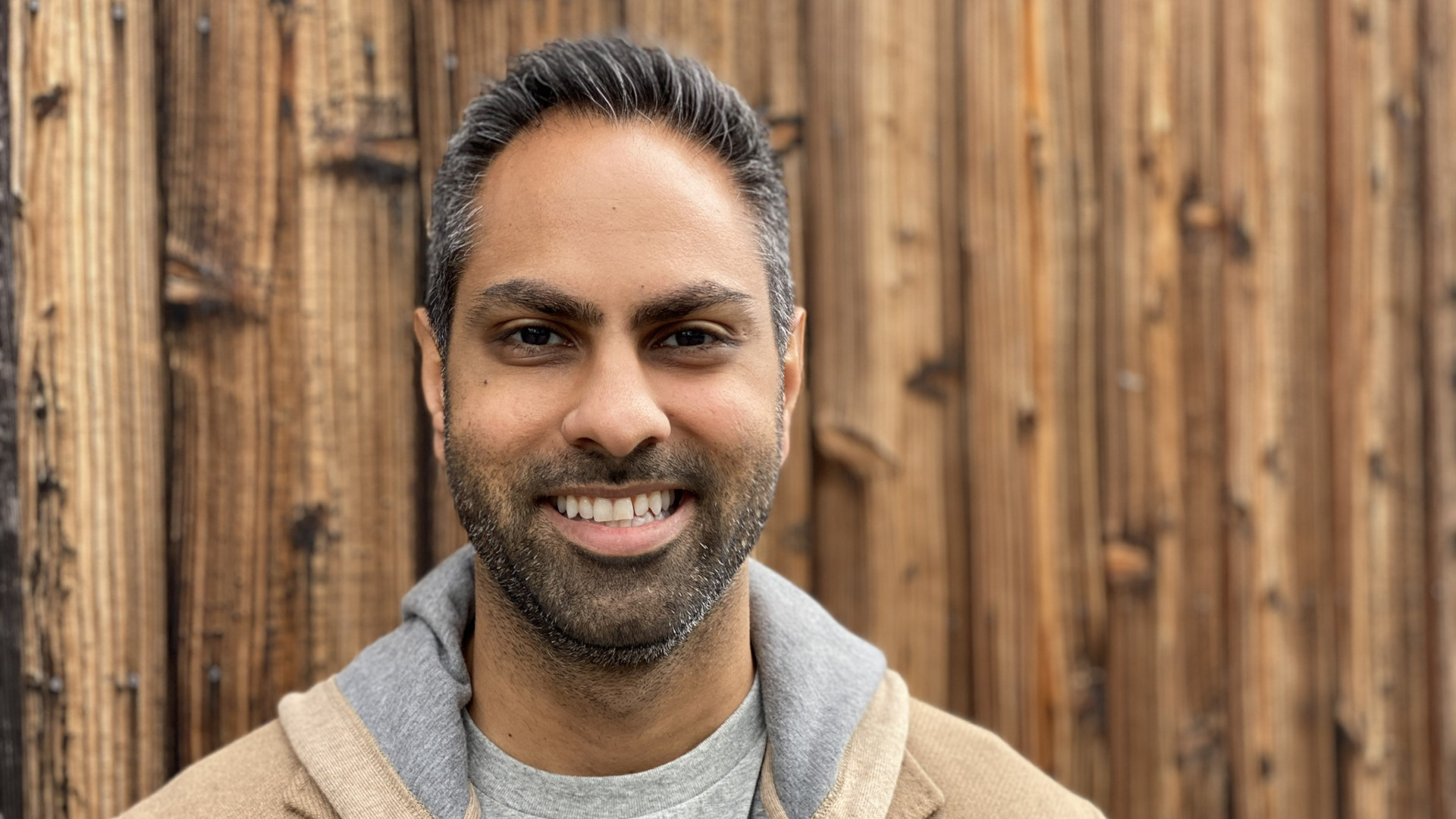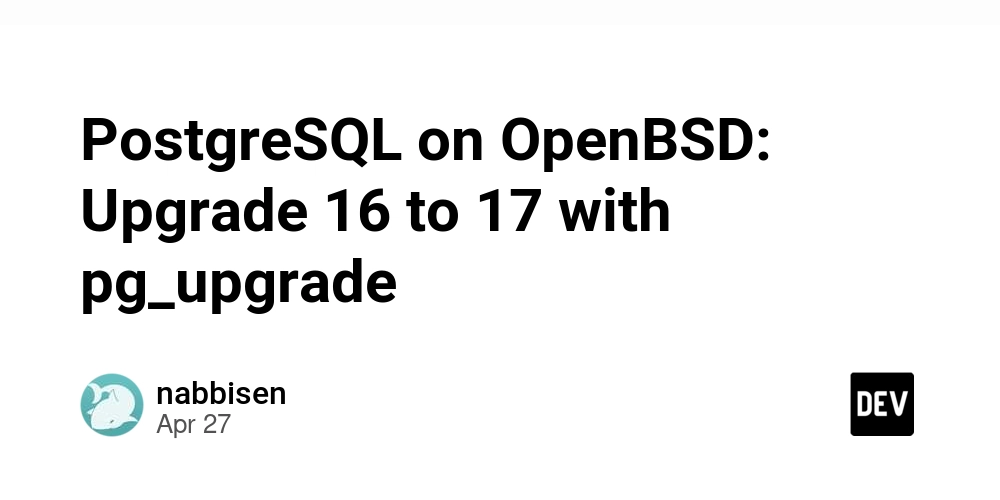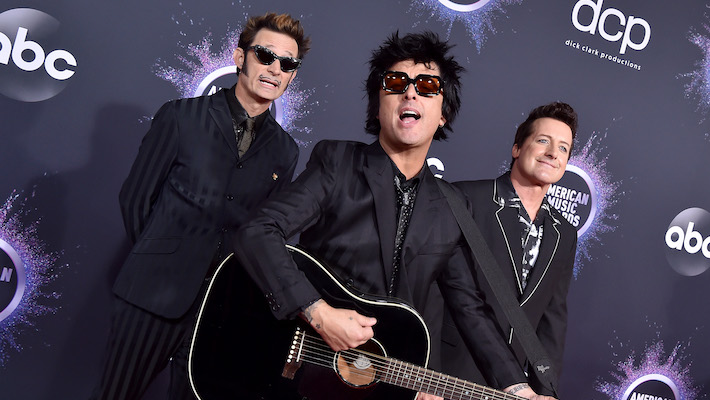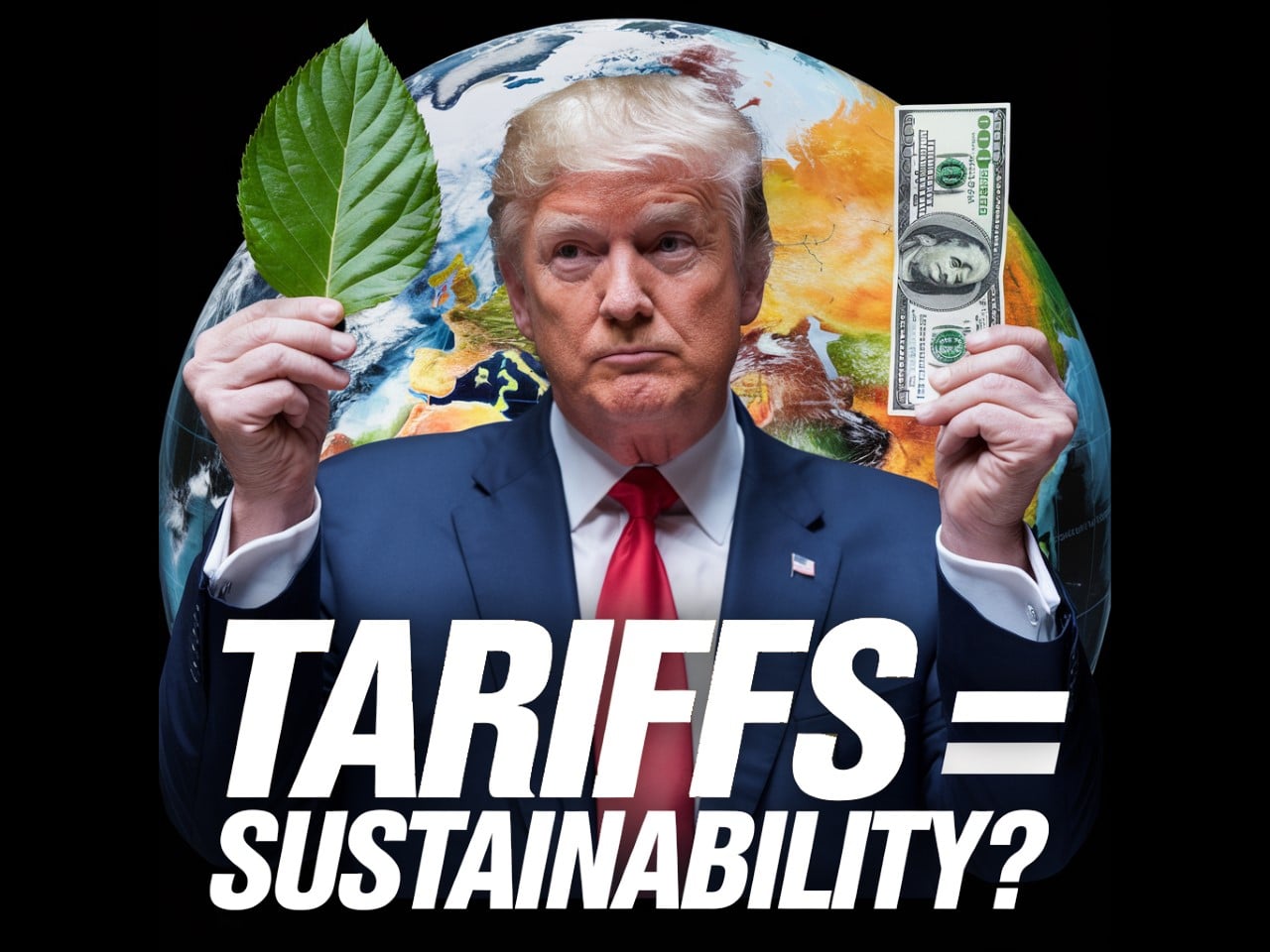Now the government is trying to police scientific journals for “viewpoint diversity”
The article below from MedpageToday (click headline below to read, or find it archived here) reports that the government has begun policing at least three scientific journals, asking them if they enforce viewpoint diversity and how their vet their manuscripts, especially those with “competing viewpoints.” In other words, the Trump administration is now doing to … Continue reading Now the government is trying to police scientific journals for “viewpoint diversity”

The article below from MedpageToday (click headline below to read, or find it archived here) reports that the government has begun policing at least three scientific journals, asking them if they enforce viewpoint diversity and how their vet their manuscripts, especially those with “competing viewpoints.” In other words, the Trump administration is now doing to scientific journals (well, at least a few) what it’s doing to American colleges and universities. The only difference is that the letter to the journals doesn’t have an explicit threat, though there’s an implicit one since the letter is from a U.S. Attorney and requests a response.
An excerpt from MedpageToday:
A federal prosecutor sent a letter to a medical journal editor, probing whether the publication is “partisan” when it comes to “various scientific debates.”
Edward R. Martin Jr., U.S. Attorney for the District of Columbia, sent a list of questions to CHEST Editor-in-Chief Peter Mazzone, MD, MPH, of the Cleveland Clinic, asking how the journal handles “misinformation” and “competing viewpoints,” among other things.
MedPage Today has learned that at least two other journals have received similar letters.
“It has been brought to my attention that more and more journals and publications like CHEST Journal are conceding that they are partisans in various scientific debates,” the letter stated.
Martin’s letter asks five questions, including how the journal assesses its “responsibilities to protect the public from misinformation,” and how it “clearly articulate[s] to the public when you have certain viewpoints that are influenced by your ongoing relations with supporters, funders, advertisers, and others.”
It also asks whether the journal accepts manuscripts from “competing viewpoints” as well as how it assesses the role of “funding organizations like the National Institutes of Health in the development of submitted articles.”
Finally, it asks how the journal handles allegations that authors “may have misled their readers.”
“I am also interested to know if publishers, journals, and organizations with which you work are adjusting their method of acceptance of competing viewpoints,” Martin wrote. “Are there new norms being developed and offered?”
Martin requested a response by May 2.
The letter to CHEST was dated April 14 and was originally posted on Xopens in a new tab or window by Eric Reinhart, MD, of Chicago.
These of course are not only unethical but probably illegal attempts at censorship—trying to chill science, and for reasons I can’t quite discern.
The article has a few responses, including one from FIRE:
Adam Gaffney, MD, MPH, a pulmonary and critical care physician at Cambridge Health Alliance in Massachusetts, said the letter “should send a chill down the spine of scientists and physicians.”
“It is yet another example of the Trump administration’s effort to control academic inquiry and stifle scientific discourse — an administration, it warrants mentioning, that has embraced medical misinformation and pseudoscience to reckless effect,” Gaffney said in an email to MedPage Today. “Journal editors should join together and publicly renounce this as yet more thinly guised anti-science political blackmail.”
JT Morris, a senior supervising attorney at the Foundation for Individual Rights and Expression, noted that in a First Amendment case such as this, the law is clear: “A publication’s editorial decisions are none of the government’s business, whether it’s a newspaper or a medical journal.”
“When a United States Attorney wields the power of his office to target medical journals because of their content and editorial processes, he isn’t doing his job, let alone upholding his constitutional oath,” Morris said in an email to MedPage Today. “He’s abusing his authority to try to chill protected speech.”
But of course the government doesn’t care about that. It’s more concerned with bullying and chilling science. I hope this doesn’t go to every journal, because you’d see an outcry bigger than the one accompanying the administration’s threat to universities. In the case of journals, which I don’t believe get federal funding, it’s a case of attempted censorship, pure and simple, and although the government may have some rationale for trying to control the behavior of universities, there is none for censorship of scientific publications. The only censors of such publications are scientists or the journals themselves.
h/t: Edwin
